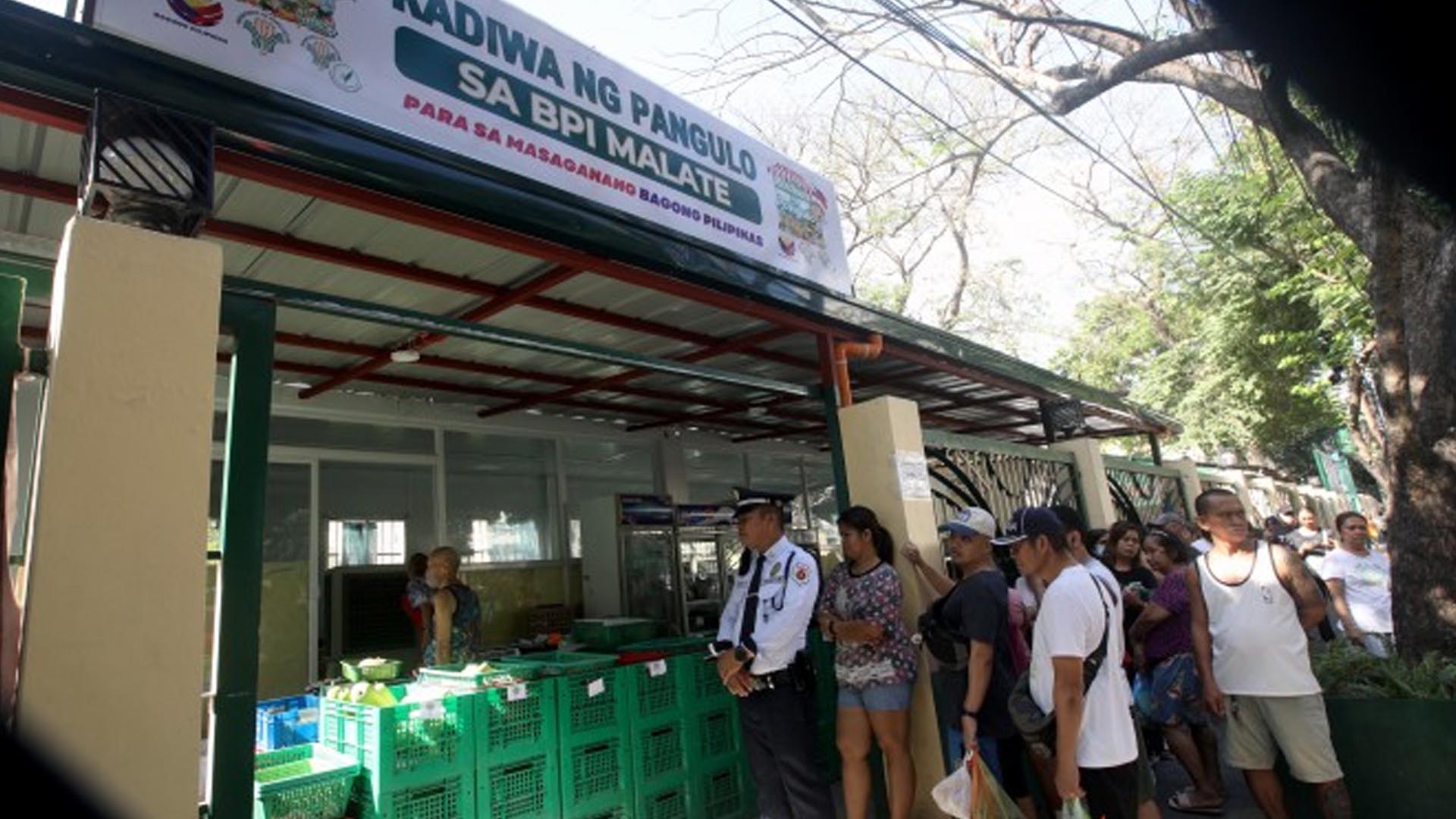Government efforts to control inflation are showing results as the country’s inflation rate continued to ease, the National Economic and Development Authority (NEDA) said.
In a statement Friday following the 1.8 percent inflation rate in March 2025 reported by the Philippine Statistics Authority (PSA), NEDA Secretary Arsenio Balisacan said the lower inflation shows that the government’s efforts to keep prices stable are working.
Inflation in March 2025 eased from a 2.1 percent rate in February mainly due to substantial decrease in rice prices since the Marcos administration implemented the tariff reduction on imported rice in July 2024.
PSA Undersecretary Claire Dennis Mapa, in a press briefing, said rice prices have decreased by around PHP3 to PHP5 per kg. between July 2024 and March 2025.
“The continued decline in inflation indicates the effectiveness of the government’s proactive measures to stabilize prices and protect the purchasing power of Filipino households,” Balisacan said.
“While the inflation rate continues to ease and remain within the target range, we commit to monitoring risks and shocks, particularly on anticipated electricity rate hikes and higher prices of fish and meat, and addressing them through timely and targeted interventions,” he added.
The NEDA chief cited government proactive measures to reduce the impact of risks and rising food prices, which include the partnership between the Insurance Commission and the Philippine Crop Insurance Corp. to give better insurance to farmers in case of disasters, pests, or plant diseases as well as the Department of Science and Technology’s supporting research to detect African swine fever quickly to protect local livestock.
The Department of Agriculture (DA) alone has partnered with Thailand’s Charoen Pokphand Foods PLC through its state-owned corporation Food Terminals, Inc. to help stabilize pork prices in Metro Manila and DA’s partnership with the National Housing Authority to open Kadiwa Stores in housing areas to give residents access to affordable goods.
“Banking on the positive results of our short- and long-term initiatives to address inflationary pressures, the government will continue focusing on implementing policies to ensure that every Filipino benefits from a stable and resilient economy,” Balisacan said.
Meanwhile, the country’s top economist said the government would remain vigilant regarding the potential implications to the economy of the reciprocal tariffs to be imposed by the United States on their imports starting April 9, 2025.
The new executive order will levy Philippine goods entering the US market with 17 percent tariff.
“With or without the trade policy changes in the US, maintaining sound macroeconomic fundamentals, improving the ease of doing business, maximizing existing trade agreements, and forging new partnerships are still the most important strategies we can pursue to ensure that we protect the purchasing power of Filipinos and promote rapid, sustained, and inclusive growth,” Balisacan said. (PNA)







